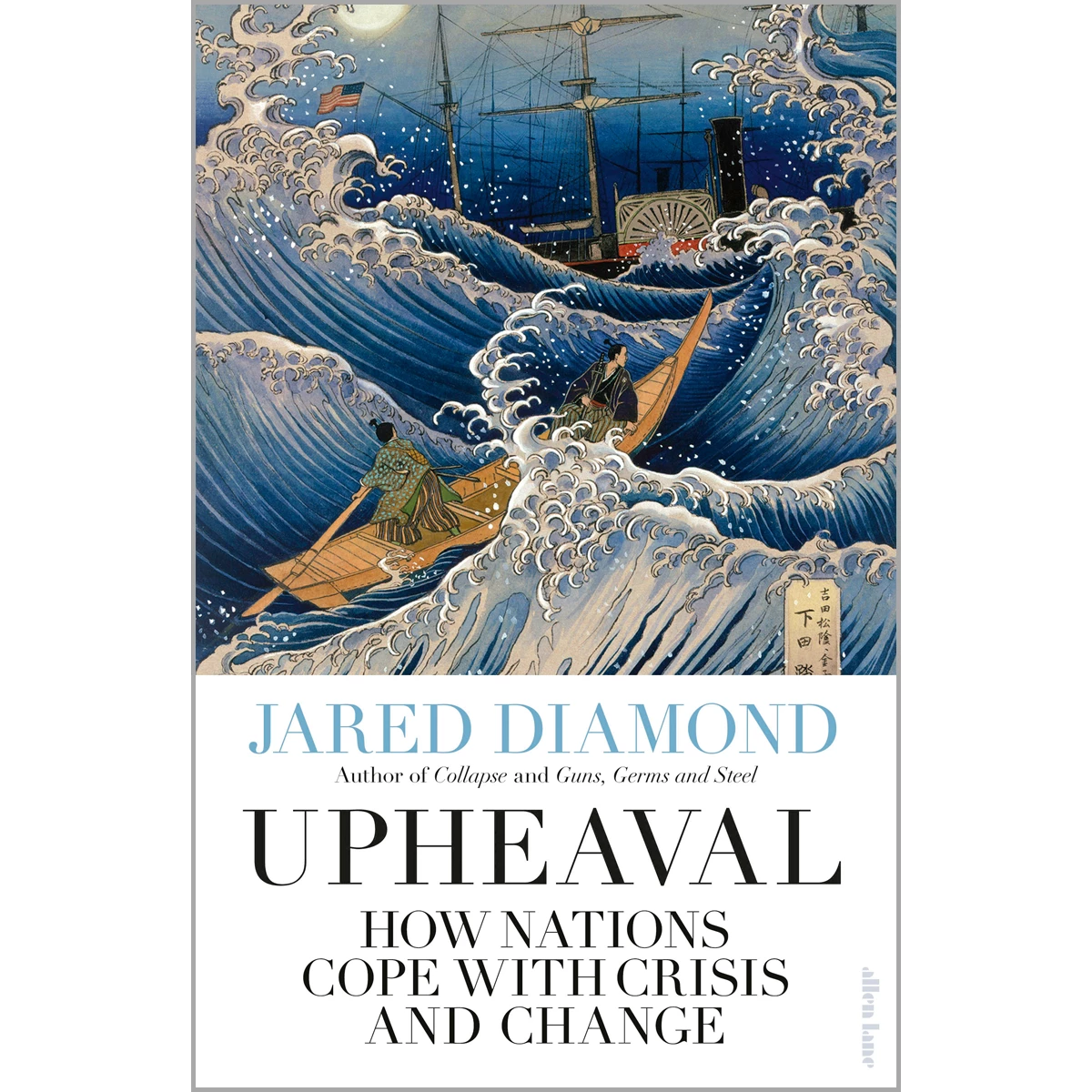
Enmeshed with microhistories, we yearn for great narratives. The Annales school taught us to look at the longue durée of history under the prism of geography and economics, and there is perhaps no better expression of its method than La Méditerranée et le Monde méditerranéen à l’époque de Philippe II, published by Ferdinand Braudel in 1949; and a good example in the Anglo-Saxon world is The Rise of the West, printed in 1963, where William H. McNeill sketched a fresco of the ascent of the Occident from the angle of cultural fertilization: two great histories that influenced the second half of the 20th century as those by Oswald Spengler and Arnold Toynbee did the first half. But the opening bars of our century have seen a multiplication of global histories that have crystallized in ‘deep history,’ which extends the narrative up to the appearance of Homo sapiens, using the tools of archaeology and anthropology; and in ‘big history’, which goes even further, all the way back to the Big Bang and the earliest signs of life on Earth.
This transversal history has benefited from the work of experts in related fields, such as the geographer and biologist Jared Diamond, who with the extraordinarily popular Guns, Germs, and Steel (1997) initiated a splendid trilogy on the influence of territory and the environment on the historical process that after Collapse (2005) has wrapped up with Upheaval (2019); the geneticist Luigi Cavalli-Sforza, who in the acclaimed Genes, Peoples and Languages (2000) presented his findings on the evolutionary tree of the human species; or the archaeologist Ian Morris, who in Why the West Rules – For Now (2010) compares the development of civilizations in the past 15,000 years with statistical tools that give protagonism to physical geography. In the end, these global histories make their authors ‘public intellectuals,’ a case in point being Felipe Fernández-Armesto, who with Civilizations (2000) and The World: A History (2006) has explained historical development as the product of climate and ecology; or Niall Ferguson, who with Civilizations: The West and the Rest (2011) struck up a dialogue with McNeill, but also with the political scientists Francis Fukuyama and Samuel H. Huntington – who had polemicized with each other before, when the former, through The End of History (1992), elicited a response from the latter through The Clash of Civilizations (1996) –, and with the recent The Square and the Tower (2018) has offered an interpretation of history in terms of the conflict between horizontal social networks and the vertical hierarchy of power.
The formidable success of Sapiens, published in 2014 by Yuval Noah Harari – with its sequels Homo Deus (2016) and 21 Lessons for the 21st Century (2018) –, is evidence of the public interest in that ‘deep history’ advocated by Daniel Lord Smail, who in 2008 linked it to brain development and the neurosciences through On Deep History and the Brain (a theme which Fernández-Armesto has in 2019 extended to the history of ideas with Out of Our Minds); and through the ‘big history’ that is best represented by David Christian, who with Origin Story (2018) has traced an abridged history of the universe that he proposes as a shared account of our origins, based on scientific knowledge and adequate for a global world where, in lieu of religious beliefs, only divisive nationalisms seem to offer a sense of belonging: a history that can be equally taught “in Buenos Aires or in Beijing, in Lagos or in London,” and which with the enthusiastic support of Bill Gates already comes in the curriculum of thousands of schools worldwide.
Setting aside cosmological themes and the emergence of the biosphere, the final part of the ‘big history’ coincides with the scope of ‘deep history,’ and almost all the authors coincide in dividing the human adventure in three main chapters – hunter-gatherers, agriculture, fossil fuels – differentiated by the method of obtaining energy, in food form or as fuel. Christian is one of them, and so is, for example, Ian Morris, who in Foragers, Farmers and Fossil Fuels (2015), reviewed in Arquitectura Viva 182, uses the divisions named in the title to explain how human values evolve, in dialogue with Diamond or with Acemoglu and Robinson, whose Why Nations Fail appeared in 2012.
Less predictable and perhaps therefore more stimulating, it is the deep history of early states that was published in 2017 by the political scientist James C. Scott, who with the polysemic title Against the Grain – and using the latest research in prehistory, archaeology, ancient history, and anthropology – offers an unprecedented narrative of the past of our species. From human fire as architect of the landscape to the domus (which includes tilled land, storage buildings, and domesticated animals) as essential evolutionary module, Scott questions the belief that agrarian sedentism is superior to hunt-and-gather nomadism, states that the quality of life of the ‘barbarians’ was better than that of ‘civilized’ communities, and undermines the conventional narrative that associates progress with the emergence of the first great agrarian kingdoms. This new view of the neolithic revolution – called ‘a Sapiens for intelligent people’ – shows the price that had to be paid for political order, and is perhaps the most illuminating and most brilliant of all the books mentioned: if you are looking for a great history, this is it.











